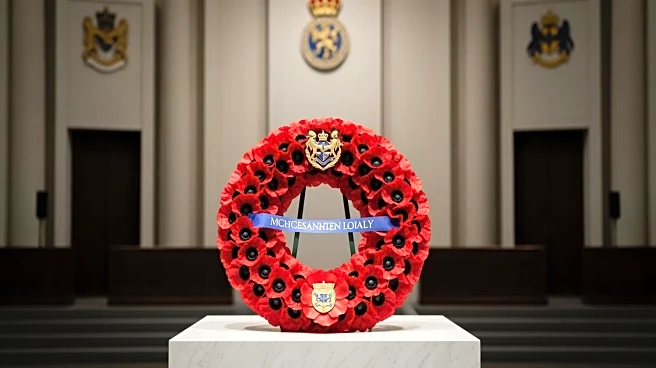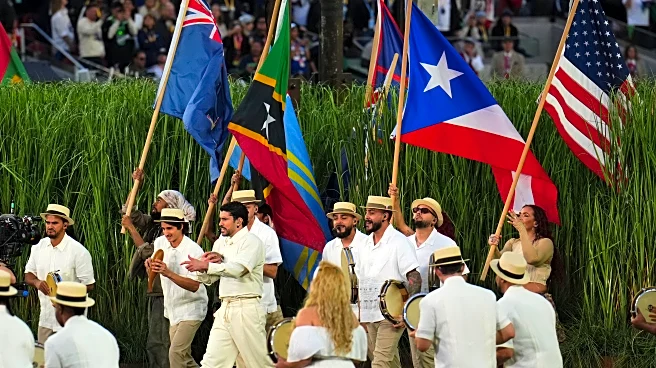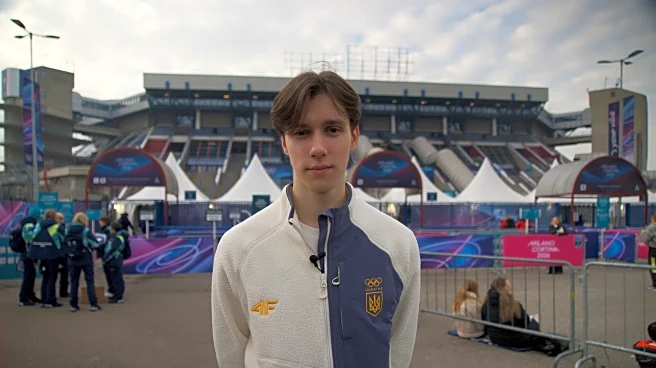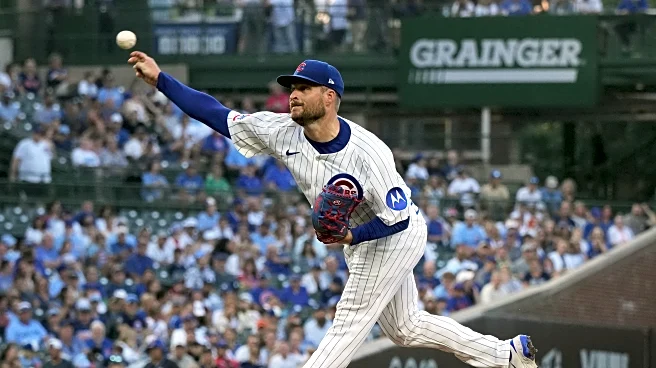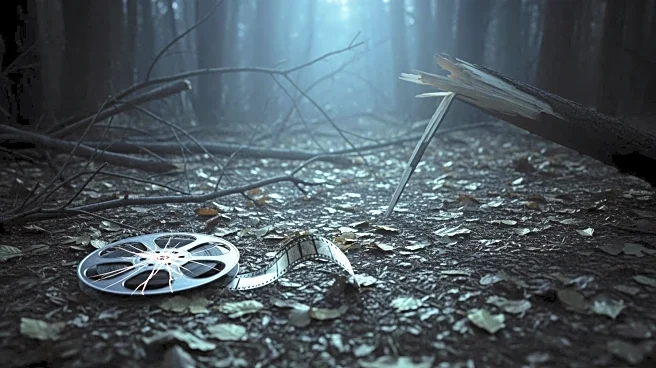What's Happening?
King Charles III is leading the nation in a two-minute silence at the Cenotaph in central London as part of the Remembrance Sunday ceremony. This event is dedicated to honoring those who died in conflict.
The ceremony includes the laying of a wreath by King Charles III and participation from senior royals and political leaders. Approximately 10,000 armed forces veterans are involved in the Royal British Legion's march-past through Whitehall, alongside around 20 World War Two veterans. Similar services are being held across the UK, including in Edinburgh, Belfast, and Cardiff.
Why It's Important?
Remembrance Sunday is a significant event in the UK, serving as a solemn reminder of the sacrifices made by military personnel in past conflicts. The participation of King Charles III and other senior figures underscores the importance of national unity and remembrance. This ceremony not only honors the fallen but also supports veterans and their families, highlighting the ongoing commitment to those who have served. The event fosters a sense of national identity and collective memory, reinforcing the values of service and sacrifice.
What's Next?
The Remembrance Sunday ceremony is an annual event, and similar commemorations are expected to continue in the future. The participation of veterans and the public in these ceremonies may influence public policy regarding veteran affairs and military funding. Additionally, the event may prompt discussions on how to better support veterans and their families, potentially leading to new initiatives or programs.
Beyond the Headlines
The Remembrance Sunday ceremony also serves as a cultural touchstone, reflecting the UK's historical relationship with its military and the impact of past wars on society. It raises ethical considerations about how nations remember and honor their war dead, and the role of public ceremonies in maintaining historical awareness. The event may also influence educational programs focused on history and citizenship.
